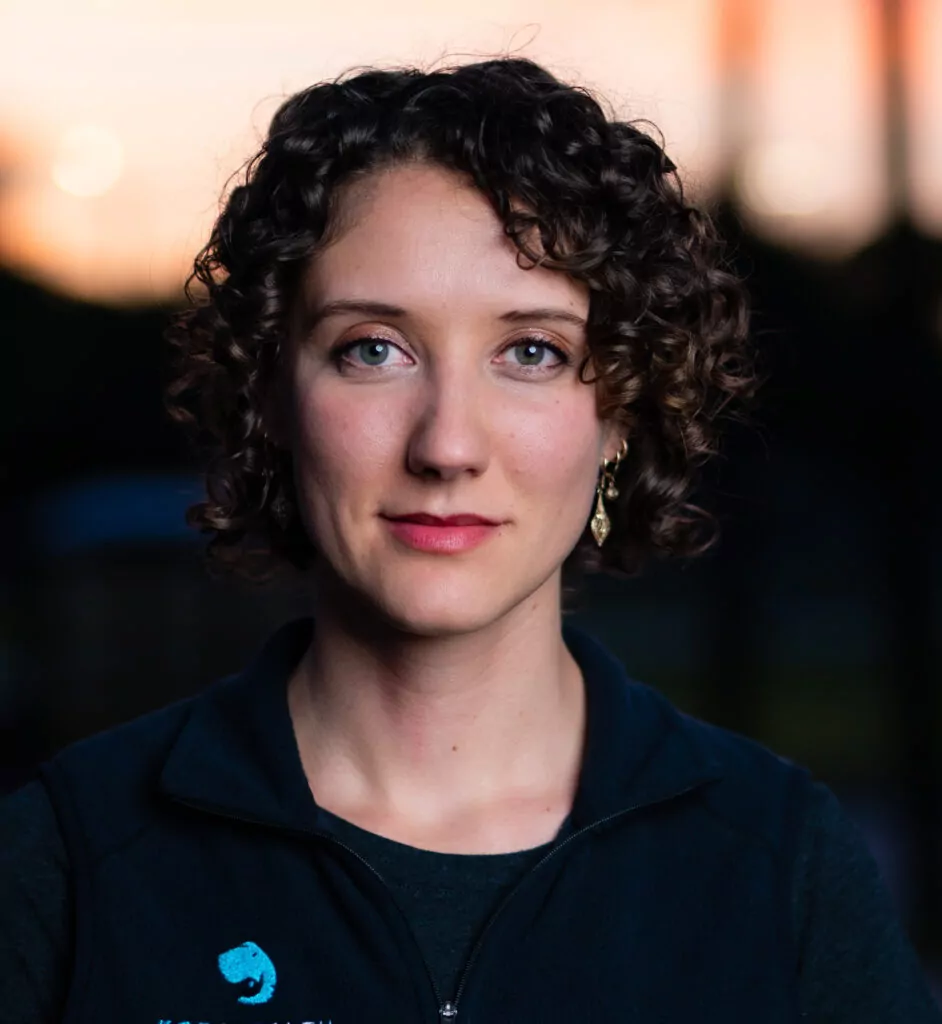Most Americans know how they want their end-of-life care to be handled, but roughly 1 in 3 actually document those plans, a recent study indicates. The result often means a patient’s wishes are unknown or unmet.
About nine months ago, Cigna Health Insurance entered a partnership with Koda Health to provide a platform for advance care planning on a national scale. Dr. J.B. Sobel, chief medical officer for Medicare at Cigna, said a study of the company offerings pointed out a gap in coverage. Recently, the program to address officially launched.
“One of the deficits that we noted was around advanced care planning, and specifically that 37% of Americans do not have advance care plans in place,” Sobel told Palliative Care News. “As you look at our population in Medicare, where they tend to have multiple chronic conditions, it becomes even more important for us that they have these plans in place, that they discuss them with their family and other caregivers before something critical happens and not during some critical illness.”
At Koda, developers had been working to facilitate those conversations.
Expansion is in Cigna’s immediate future, as well. The company rolled out the Koda platform to a set group of Medicare Advantage customers, with plans to move to the next steps quickly.
“We’re looking next year to expand it broadly across all of our customer base in the Medicare segment. So that’s where we’re focused, and we’re focused on remaining a partner with Koda for that,” Sobel said.
An important element of advance care planning is generating legally compliant documents outlining a patient’s wishes. Because each state has individual compliance requirements, it can be cumbersome, costly, and confusing for patients to ensure they have important documents, such as a medical power of attorney document, in place.
We’re looking next year to expand it broadly across all of our customer base in the Medicare segment
-Dr. J.B. Sobel, chief medical officer for Medicare at Cigna
The Advance Care Planning Decisions Foundation documents 19 reasons these plans produce better outcomes for patients. Examples include the promotion of patient-centered care, diminished aggressive and invasive treatment, reduction in hospital admissions, reduced costs for end-of-life care and improved confidence that patients will receive goal-concordant care.
Even when the documents are created, they often lack portability – the ability to be transferred from one caregiver to another, or shared within a patient’s family, according to Sobel.
“We were looking for a solution that enabled our customers to be able to generate these plans, be legally compliant in the state that they live in, and most importantly, house them in such a way that if they change doctors, even if they change health plans, that they could take that information with them and that they can share it with their family, with caregivers, with their providers. And that really necessitated a digital platform,” Sobel said.
Koda checked those boxes for Cigna. The program, which is free to Cigna Medicare Advantage clients, also wins points for being user-friendly.
“Advance care planning is the process of education and guided decision-making to identify how your care fits into your values and your quality-of-life goals,” Koda Co-Founder and CEO Tatiana Fofanova told Palliative Care News. “It is the process by which a patient truly understands how those two things fit together and is able to communicate that with their loved ones, their medical power of attorneys and with their care teams.”
 Koda Health Koda Health
Koda Health Koda HealthTerese Steinbach, senior director for clinical program innovation for Cigna, was a leader on the team that selected Koda. For Steinbach, the portability of information – stored in the cloud, belonging to the customer, and available where analog copies might not be, was an important factor in choosing Koda.
“When we think about that sharing of the critical information, they really impressed us in the ability that it could be shared via email, it could be shared digitally from an HTML online capability, so it met our customer where they are in their digital capabilities,” Steinbach said.
The Koda system consists of three basic elements, Fofanova said: A patient-facing web application captures responses and helps people generate key state-specific legal documents shareable with parties involved in care; a digital engagement piece that sends nudges through voicemail, text, and other electronic media to keep the customer moving forward – or call if they need help; and customer support care navigators on hand to answer any outstanding questions.
Sobel called the Koda system an empowerment tool – allowing patients and their families to plan for and control key medical decisions.
Koda is planning on deploying the program for 100,000 patients this year, with significant growth planned for next year.
“Cigna has been incredibly motivated, organized and structured. I think it’s been very refreshing to work with an organization that is so established. It is not only a learning opportunity for us to function at scale, it [also] has given us the opportunity to build in new systems, engagement approaches, and structure that has really solidified a lot of our approaches,” Fofanova said. “In many ways, it’s a trial by fire, in terms of stress tests that has distilled a lot of our processes into things that we know can work, and things that we know we can deploy quickly in these populations. So that next time we approach a customer that comes with such scale, we are very well prepared.”

